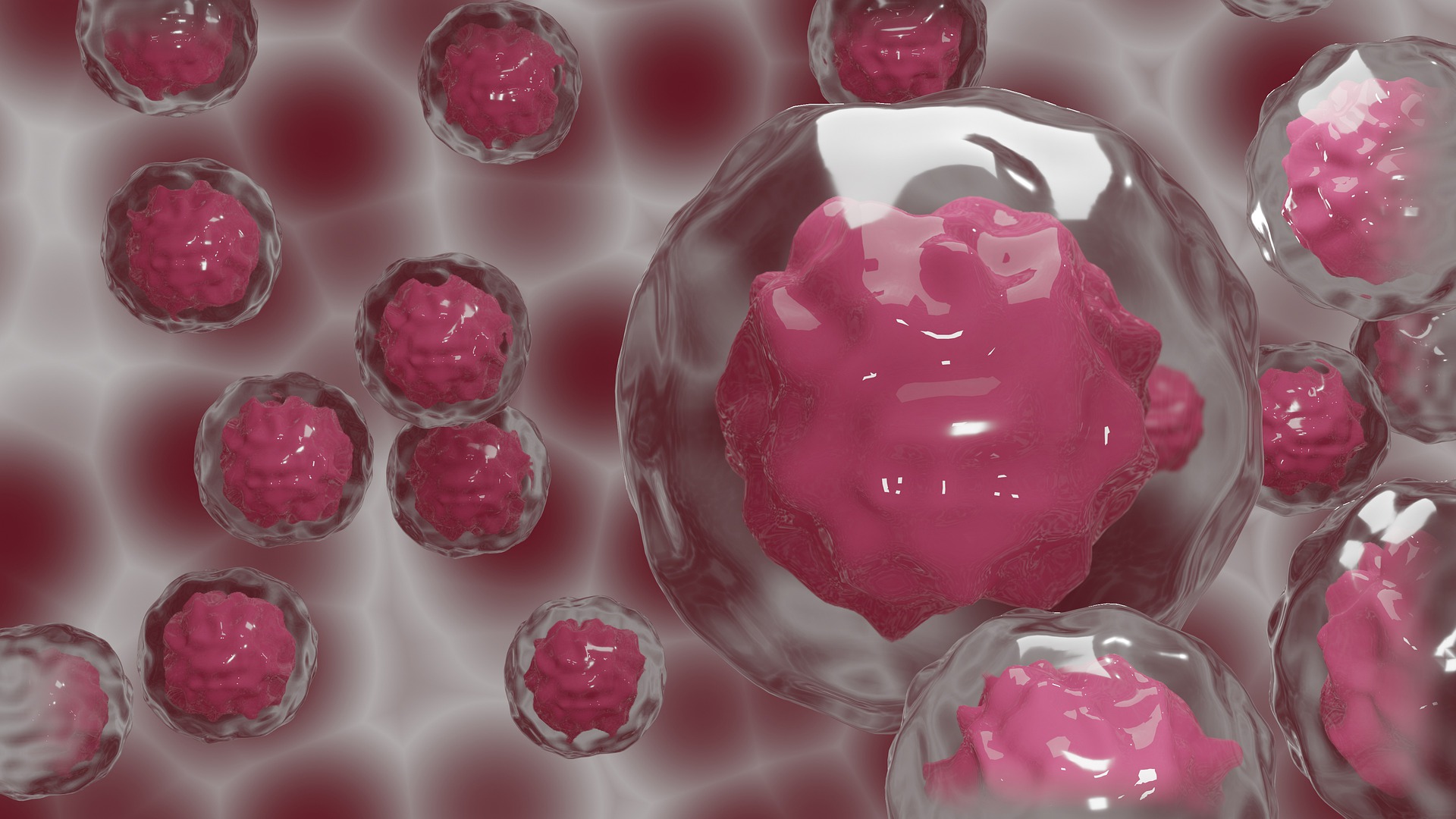 Health & Physiology
Health & Physiology
Heart failure: unexpected role of stem cell treatments
Nowadays stem cell therapies are being explored in the field of regenerative medicine in order to promote the recovery of injured tissues. For example, if a patient has heart disease, the stem cells would be injected to repair the heart. We recapitulated this therapeutic approach injecting stem cells in mice to specifically reveal how stem cell treatment of heart failure works.

Buzz words circulating around the medical profession and the media right now are "stem cell therapy". This treatment usually involves isolating adult cells from patients and injecting them to a specific place in a human body. There seems to be some promise in animal studies and clinical trials, showing that these so called adult stem cell treatments can improve the function of damaged tissues or organs. Such special cells have indeed the capability to multiply and become specialized and functioning cells in the suffering organ where they are injected.
Research suggests this could improve a vast array of medical problems from back pain to heart disease and cancer. However, understanding how a stem cell therapy works is a controversial subject. We have investigated exactly how stem cell treatment of heart failure works.
We examined mice that received either an injection of adult stem cells typically used in human clinical trials, or a molecule that activates the immune response. Injection of either substance directly into the heart showed an increased immune response. This is a type of defense reaction that normally occurs within the body to fight an invasion of harmful or unknown substances. Upon further investigation, the scientists found that macrophages, a specific cell type of the immune system, were greatly increased following these injections. The macrophages are key to unlocking the mystery of how stem cell therapy may work.
The team also demonstrated that adult stem cell therapy does not work by rebuilding heart tissue, or by triggering the heart to make new muscle or blood vessels, a theory previously suggested in the scientific community.
However, to confirm whether their idea of activating the immune response to aid heart repair was correct, this had to be tested following an actual injury in the heart. Mice underwent surgery to mimic a heart attack and were injected with either stem cells or the chemical inducer of the immune response. Heart structure, function and mechanical properties all improved in mice receiving either the stem cell or immune based injections. Functional improvements were also seen following injection of dead stem cells, indicating these benefits were not due to the core active elements in these cells. Instead, this induction of the immune response, via cell or chemical injection, was capable of rejuvenating the damaged heart in a way that did not require unique properties of stem cells.
To further confirm this theory that the immune response, not stem cells, was the important player, the team blocked the immune response of the mice. They used another drug that is often given to organ transplant patients to prevent organ rejection. This treatment stopped all the signs of heart repair following either stem cell or immune based injections. By blocking the important macrophages in the mice, the hearts were no longer protected.
The natural immune response is therefore the major beneficial effect underlying adult stem cell therapy in the injured mouse heart. Yes, this kind of stem cell therapy may be beneficial, but not due to the actual cell type being used. Instead, any treatment capable of initiating an acute immune response at the site of injury could bring similar benefits. This critical underpinning of how heart stem cell therapy works, opens doors to developing new treatment options. Re-evaluating clinical trials to simply stimulate the immune response may be all that is required to heal broken hearts.
Original Article:
Vagnozzi R, Maillet M, Sargent M et al. An acute immune response underlies the benefit of cardiac stem cell therapy. Nature. 2019;577(7790):405-409.Next read: Help or harm? How immune cells of the brain balance the immune response by Nathan J. Michaels , Jason R. Plemel
Edited by:
Dr. Giacomo Rossetti , Senior Scientific Editor
We thought you might like
Mild or severe COVID-19? An antibody story
Aug 30, 2021 in Health & Physiology | 3.5 min read by Arjun Arkal Rao , Alexis J. CombesCOVID-19 during pregnancy causes fetal and placental inflammation
Jul 28, 2022 in Health & Physiology | 3.5 min read by Derek Miller , Valeria Garcia-Flores , Nardhy Gomez-LopezHow HIV-infected cells use immune checkpoints to evade the human immune system
Sep 27, 2023 in Health & Physiology | 4 min read by Marie Armani-Tourret , Mathias LichterfeldAwakening the thymus to cure SARS-CoV-2 infection: a matter of genes
Jul 27, 2024 in Health & Physiology | 3.5 min read by Stefano Marullo , Cheynier RemiMore from Health & Physiology
Tobacco smoking and other exposures shut off cancer-fighting genes
Aug 31, 2024 in Health & Physiology | 3 min read by Jüri Reimand , Nina AdlerA hidden clock that times cytoplasmic divisions
Aug 30, 2024 in Health & Physiology | 3 min read by Cindy OwWhen two kinases go for a dance
Aug 2, 2024 in Health & Physiology | 4 min read by Ioannis Galdadas , Francesco Luigi Gervasio , Pauline JuyouxAwakening the thymus to cure SARS-CoV-2 infection: a matter of genes
Jul 27, 2024 in Health & Physiology | 3.5 min read by Stefano Marullo , Cheynier RemiKeeping the balance: How epigenetics monitors cancer genes
May 13, 2024 in Health & Physiology | 4 min read by Zach Gray , Madison Honer , Johnathan WhetstineEditor's picks
Trending now
Popular topics


